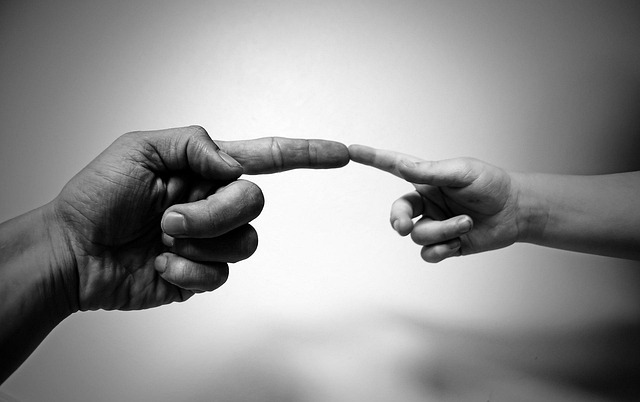
“Unlocking Empathy: The Power of Emotional Reflection”
Unlocking Empathy: The Power of Emotional Reflection
In a world that often prioritizes speed and efficiency over deep connections, the art of emotional reflection stands out as a crucial skill that can transform our interpersonal relationships. We’ve all experienced moments where we felt misunderstood or alone, and in those times, the ability to reflect on our emotions—and those of others—can bridge the gap that separates us.
What is Emotional Reflection?
Emotional reflection is the practice of thoughtfully considering our feelings and the feelings of those around us. It involves slowing down and asking ourselves important questions: Why do I feel this way? What could this person be going through? When we engage in emotional reflection, we take a step back from immediate reactions and begin to cultivate a deeper sense of understanding and compassion.
The Role of Empathy
Empathy is more than simply feeling sorry for someone; it’s about connecting with their emotional experience. When we practice emotional reflection, we learn to recognize our shared humanity, fostering a sense of unity that encourages us to support one another. Imagine encountering a friend who has recently faced a loss. By reflecting on our own experiences of grief, we can better navigate their emotions and offer sincere support.
Benefits of Emotional Reflection
- Strengthened Relationships: By understanding not only our own emotions but also those of others, we foster stronger, more compassionate connections.
- Enhanced Communication: Emotional reflection equips us with the tools to engage in meaningful conversations, making our exchanges more authentic.
- Personal Growth: The practice encourages self-awareness and growth, leading to more fulfilling lives.
How to Practice Emotional Reflection
1. Journaling: Take a few minutes each day to write about your emotions. Reflect on what triggered these feelings and how they might relate to others around you.
2. Active Listening: When someone shares their feelings, listen intently without interrupting. This not only helps them feel valued but allows you to reflect on their emotional state without the cloud of assumptions.
3. Mindfulness Meditation: Set aside time to be present with your thoughts and feelings. This practice can promote clarity and understanding of your emotions.
Embracing Vulnerability
Emotional reflection requires vulnerability. It may feel uncomfortable at times to acknowledge our emotions and those of others. However, embracing this discomfort is essential for deepening connections. When we open ourselves to feeling, we become conduits for empathy, allowing love and understanding to flow. The human experience is complex, filled with a tapestry of emotions—and by reflecting on these, we unlock the door to a more compassionate world.


